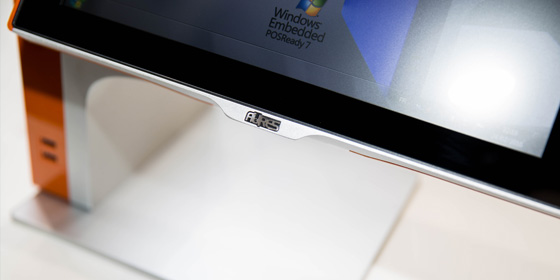By Steve HANRAHAN, AURES UK – Business Development Manager
The idea of schools as commercial entities is not something everyone has entirely gotten used to just yet. But a stark truth faces school leaders – a decade-long squeeze in public funding for education has made the gap between the resources available and aspirations to guarantee the highest academic standards larger than ever.
According to the National Audit Office, per-pupil funding was forecast to fall by 8% in real terms between 2014 and 2020. That’s not the sort of drop that most schools can comfortably absorb simply by making efficiency gains. Committed to delivering the best possible educational outcomes for every student, school leaders are loath to cut back on teaching staff or learning resources to balance the books. The only remaining option then is to look at other ways to make up the funding deficit.
Born out of necessity, schools are becoming increasingly creative in the routes they explore to generate additional income, with everything from sponsorship deals to selling educational consultancy services on the table. Two options in particular stand out as openly ‘commercial’ in nature – hiring out school premises and other assets for public use, and making a small profit on goods sold to parents, guardians and other members of the community.
Outside school hours, facilities like sports halls, sports pitches, school halls and even classrooms sit as dormant resources which could potentially be put to use. From sports clubs to community groups to amateur dramatics societies, there is always demand for spaces to play, train, meet, rehearse and much, much more which schools can readily capitalise on.
In terms of selling goods and services, the traditional school ‘tuck shop’ has enjoyed a revival in recent years, albeit with more of a focus on selling healthier fare than of old. And the running of commercial catering operations extends into things like breakfast and after school clubs, with paid-for meals optional extras on top of the usual fees. There are also opportunities for schools to increase revenues by taking control of selling everything from uniforms to school books, stationery to laptops or tablets.
Formalising payment processes
Embracing these opportunities demands a switch in mindset from school leaders, which is one reason why we have seen significant growth in the school business profession. It also requires operational changes. For schools looking to establish a firm commercial footing, the old-fashioned ‘money in an envelope’ for lunch money and school trips is no longer fit for purpose. Once you start dealing with revenue streams of the size that will make a real difference to schools, you can no longer rely on informal payment processes going through teachers and the school office.
For hiring our school facilities after hours, the internet is a vital resource for schools, with the relative ease of setting up online booking and payment portals making management lightweight and straightforward. But what about sales of food, books, uniforms and so on?
EPOS systems might sound like an odd thing to have in a school, unless they are going to go all the way and open some kind of dedicated store (not beyond the realms of possibility, by the way). But the truth is that many schools have already adopted EPOS systems. In the move towards cashless catering, which aims to both streamline dinner service and boost security, thousands of schools have already set up EPOS terminals in their dinner halls, which allow students to ‘pay’ for meals digitally using pre-loaded accounts. These are increasingly being paired with self-service kiosks in reception areas where parents can load funds into an account, check balances and so on.
Once you have this kind of hardware set up – networked EPOS terminals in canteens and school offices, self-service kiosks in public areas – then you have a solid foundation from which to sell any kind of goods and services you please. With flexible modern EPOS software, adding new merchandise – books, stationery, uniforms, school photographs, snacks, whatever you please – is just a case of adding to a product database. Payments are processed automatically, inventory lists updated, transaction records made in your accounts ledger.
EPOS systems therefore help to overcome some of the key logistical challenges schools face in embracing more commercial activities to generate additional income – challenges which can often put school leaders off taking the leap. Particularly if you already run EPOS systems for administering school dinners, you have a ready-made resource that can help you expand operations and quickly get up and running selling more goods to raise some much-needed capital to support learning.
AURES will be attending the National Conference of the Institute of School Business Leadership at the Birmingham NEC on November 20th and 21st. If you are attending and would like to find out more about how our EPOS solutions can support your school, please email: marketing-uk@advantech-aures.com.




